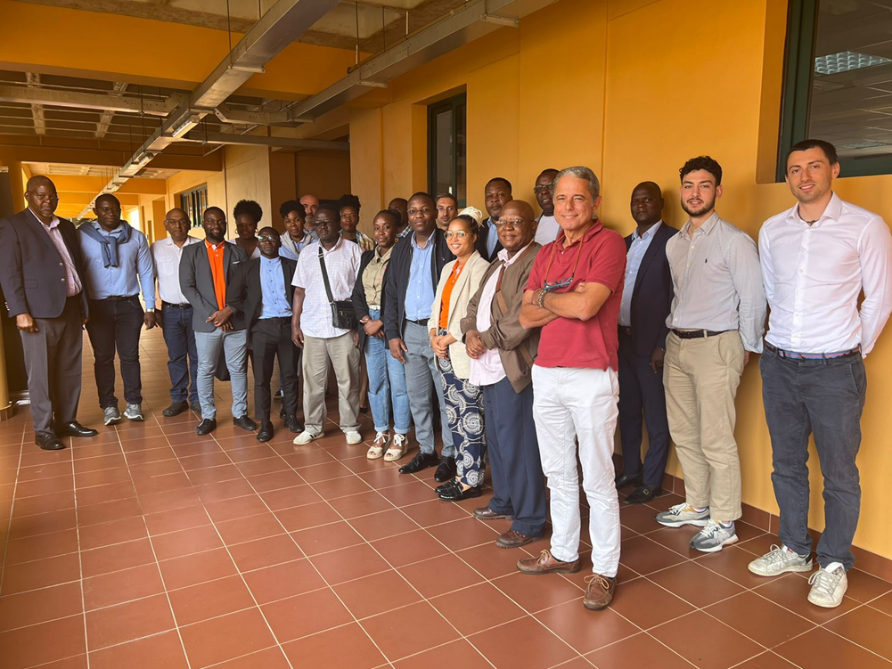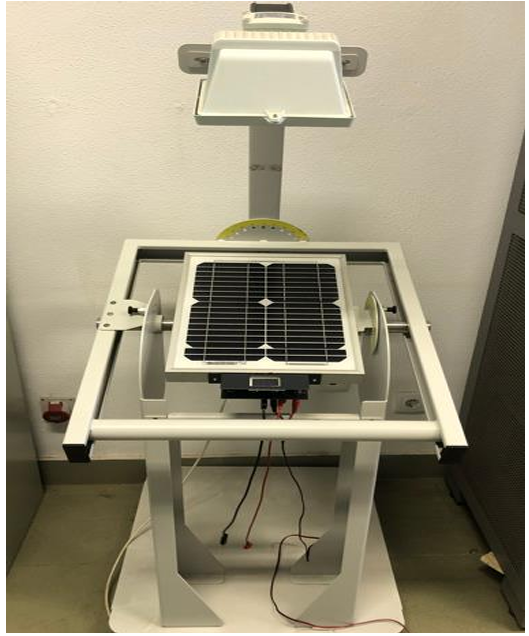THE EDU-ABCM PROJECT
- Details
-
Hits: 0
THE EDU-ABCM PROECT: Capacity Building on Student-Centered Energy Education in Cameroon, Ethiopia, Mauritius and Mozambique (EDU-ABCM). Mozambique is part of an ERASMUS EU funded project on Capacity Building on Student-Centered Energy Education in Cameroon, Ethiopia, Mauritius and Mozambique (EDU-ABCM). The project involves eight universities in 4 countries in Africa (Cameroon, Ethiopia, Mauritius, Mozambique) which collaborate with two universities in EU (Italy and Sweden) towards modernization of courses and programs in the energy sector, with emphasis upon the general perspectives of circular economy towards energy sustainability. The collaboration is inspired by two earlier successful Erasmus+ Capacity Building in Higher Education. It re-uses both the framework and learning materials developed from these projects while developing and implementing specific new courses and programs adapted for the local conditions in the partner countries. Total grant for this project is 788,848.00 EUR and for the Eduardo Mondlane University is 78,746.00 EUR. Presently the Eduardo Mondlane University (UEM) is running two Master programmes, namely the Renewable Energy Science and Technology Master Programme and the Renewable Energy Systems Management Master Programme. In order to improve the quality of the two Master programmes UEM is developing six courses, namely (i) photovoltaic science and technology; (ii) bioenergy; (iii) energy planning; (iv) energy efficiency; (v) energy transition and (vi) mini-grids, in line with Explore Energy Digital Academy (EEDA). A round table stakeholders discussion has taken place in March 2024 with involvement of governmental institutions, NGOS, private sector, cooperation partners and other academic institutions (see photo below for the participants of this event). It is believed that this project will contribute substantially to improve the quality of our post graduate programs.

Another outcome of the present project is the establishment of the Remote and Virtual Laboratory, so to enable students a remote access and control of laboratory experiments from anywhere in the World. At the moment the following setups are available, in our laboratory, for upgrade in this context to have experiments accessed and controlled remotely:
EWG 1 WIND POWER PLANT WITH DFIG

This wind trainer is used to investigate the design and operation of modern wind power stations with double-fed induction generators. The effect of wind force and the mechanical design of wind power stations can be emulated in realistic detail using the servo machine testing stand and the WindSim software. The control unit for the double-feed asynchronous machine (as a generator for the wind power plant) ensures user-friendly operation and visualization during the experiments. The corresponding Interactive Lab Assistant Multimedia course is designed to convey knowledge and provide interactive support for carrying out the experiments and allows for PC-assisted evaluation of the measured data.
EPH 3 PROFESSIONAL PHOTOVOLTAICS TRAINER (PV)

This solar trainer allows the passage of the sun to be simulated realistically. This makes it possible to conduct experiments in the lab in practical fashion without any need for the sun itself. The design of photovoltaic systems operating in parallel with the electric power grid is realistic. In order to stabilize the electricity grid, the techniques of derating the power inverter and controllable local transformers are used.
Knowledge and practical skills along with computer-based assessment of measured data are made possible by the professional photovoltaics multimedia course along with SCADA Power Lab software.
Photovoltaics (UniTrain)

With the UniTrain solar trainer the function and operating principle of solar cells are vividly demonstrated and made understandable.
